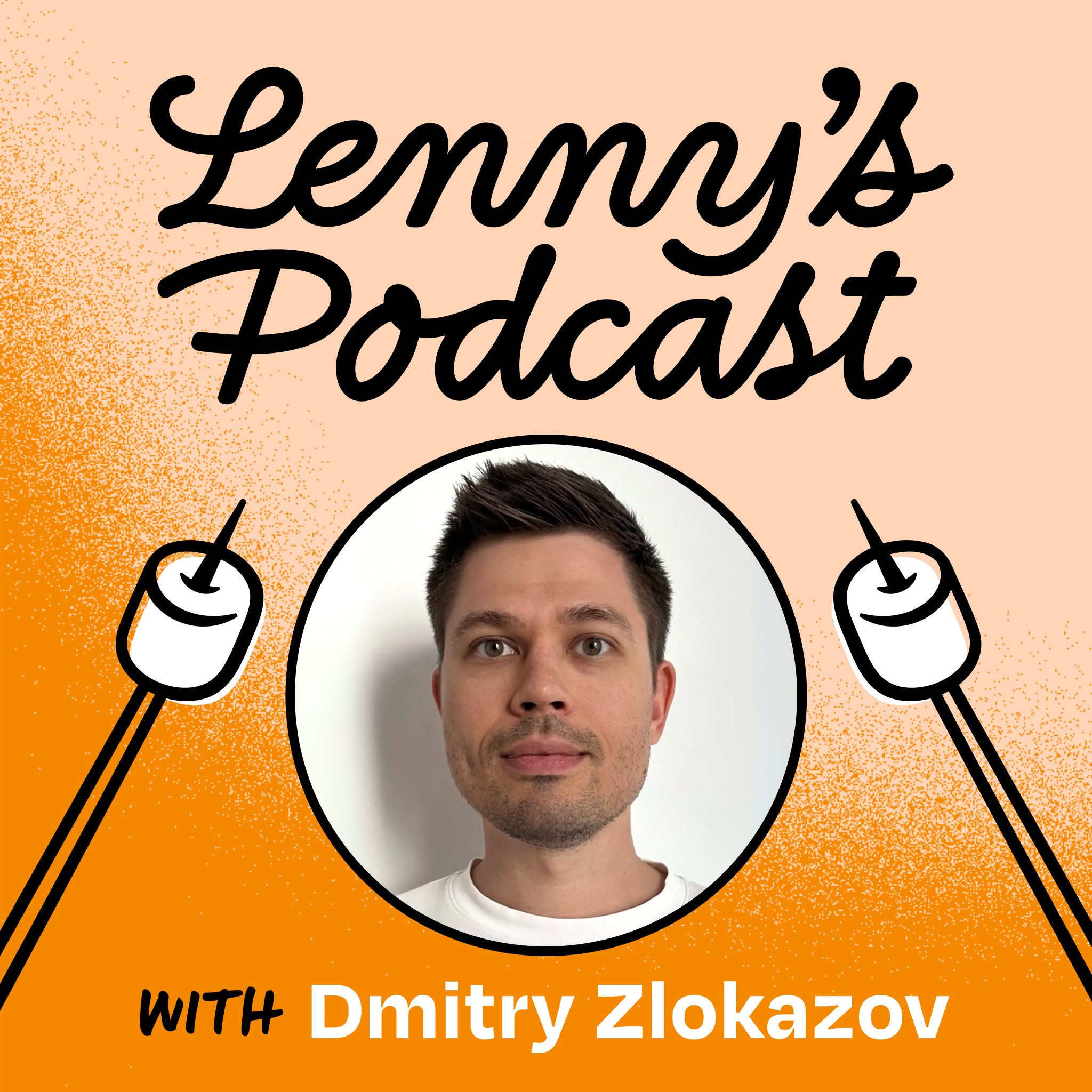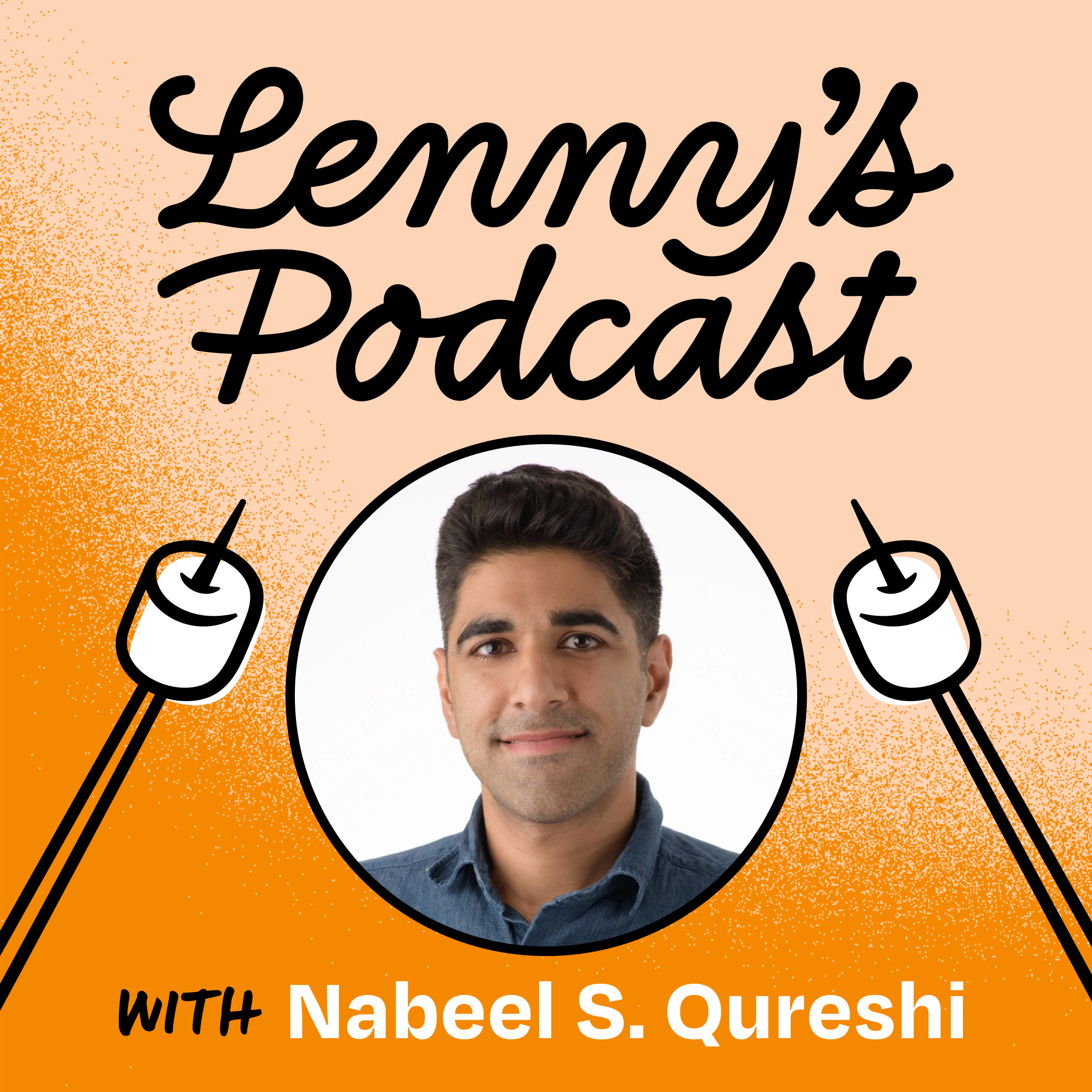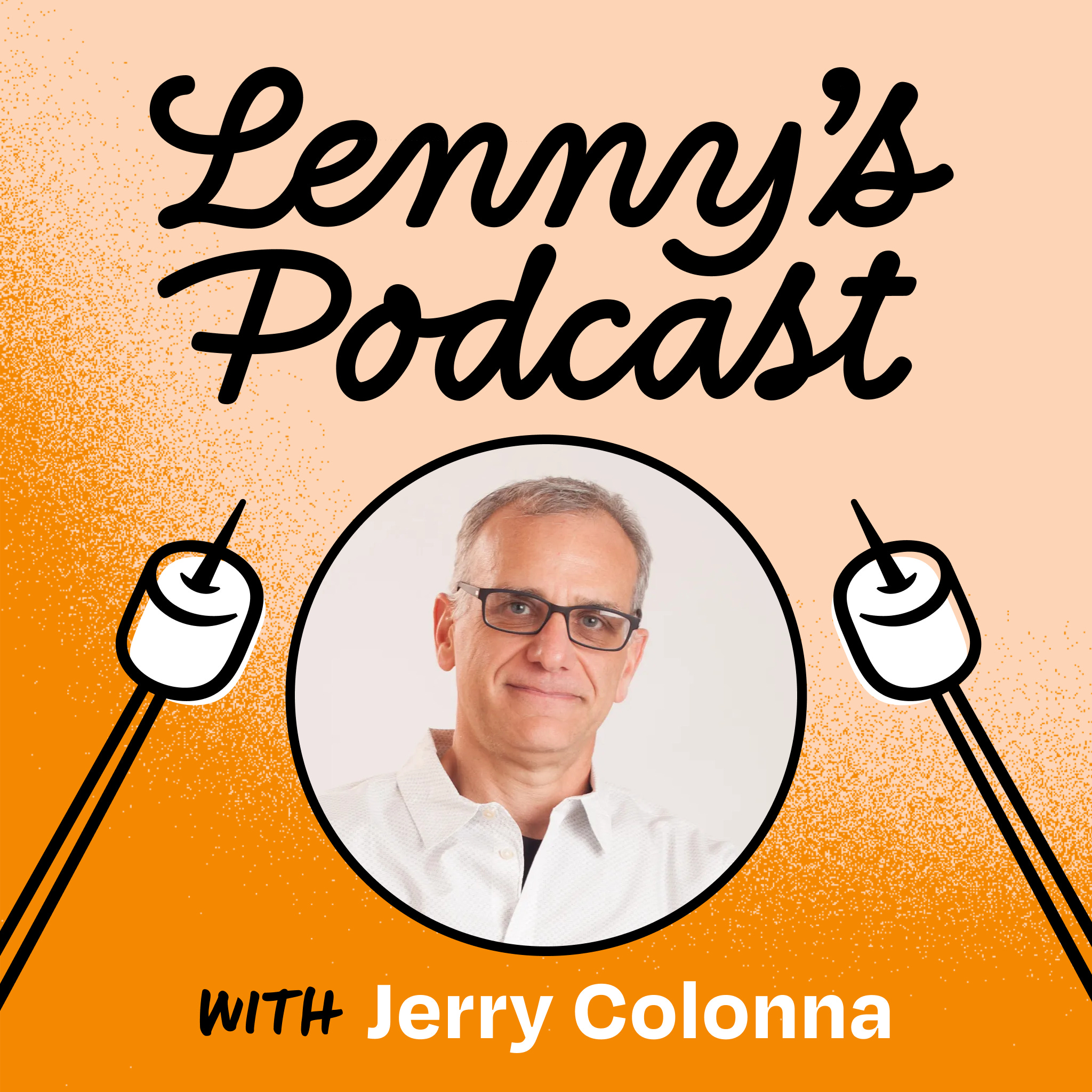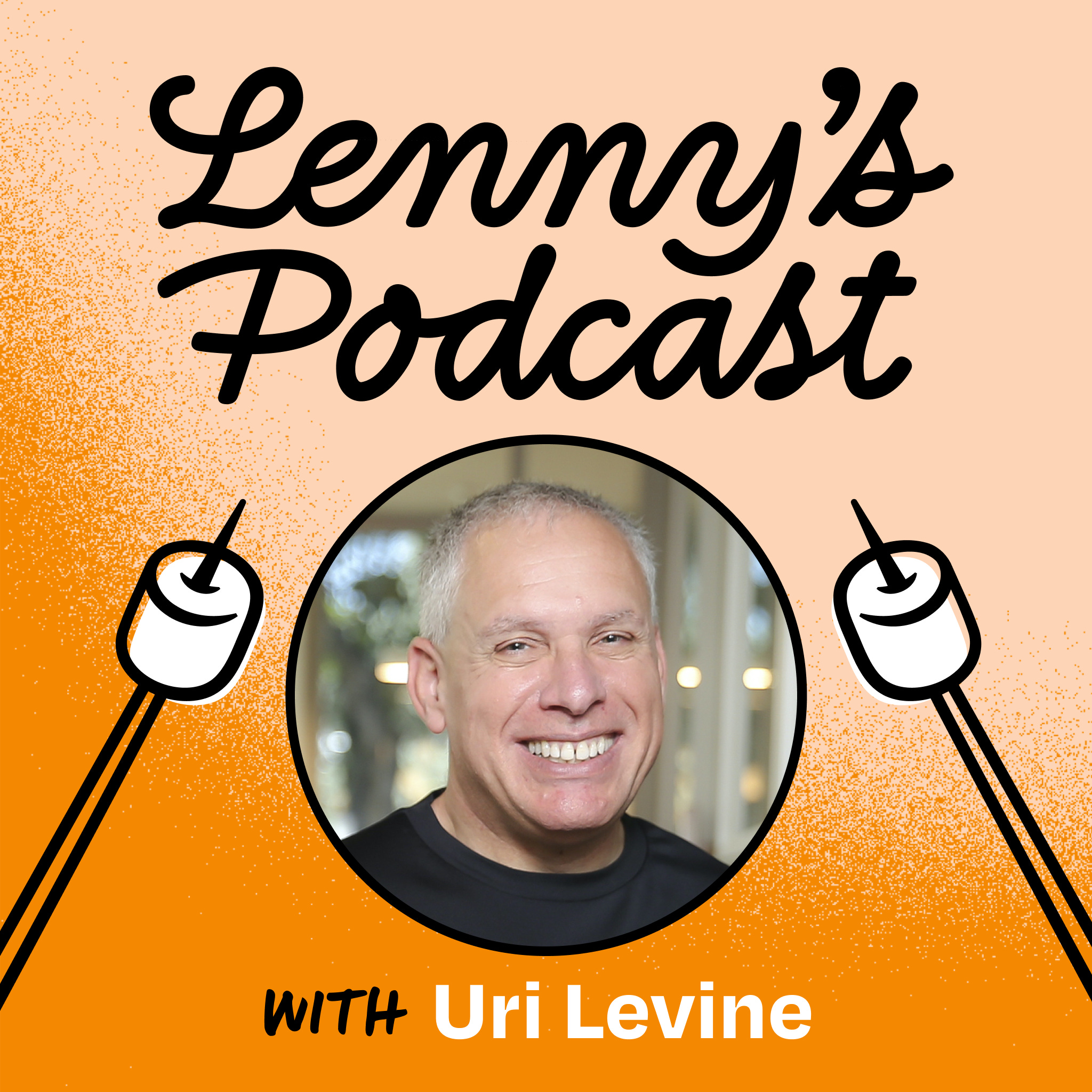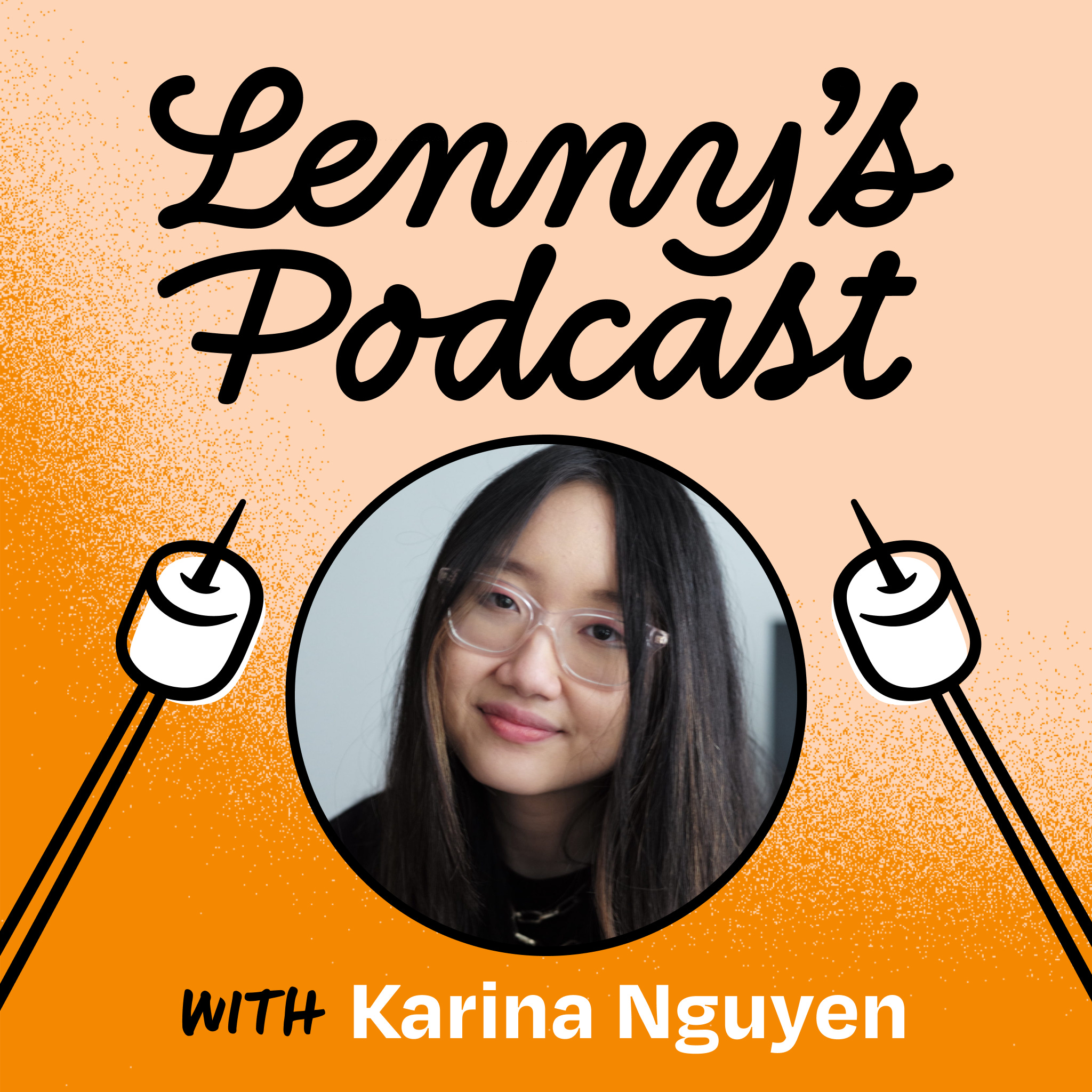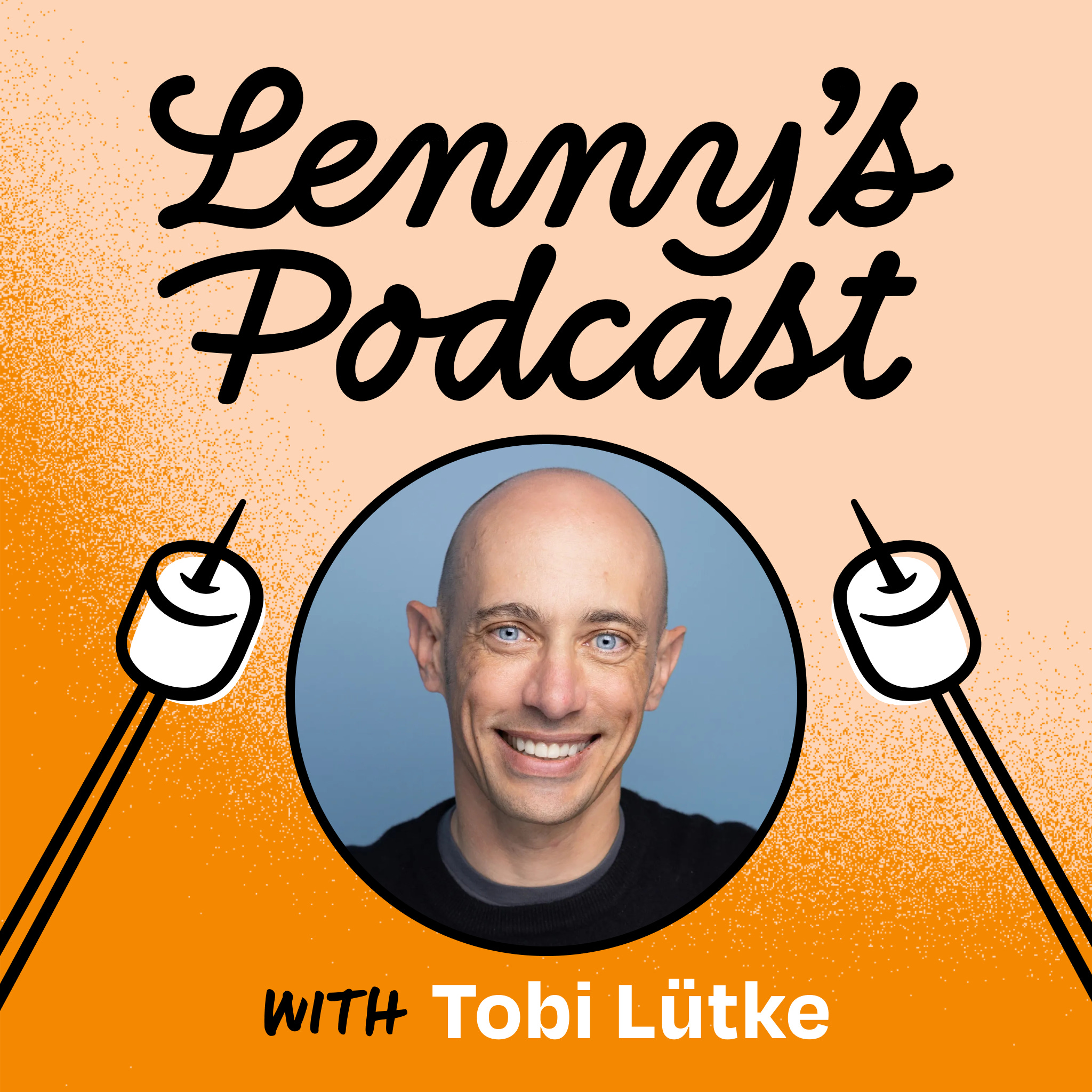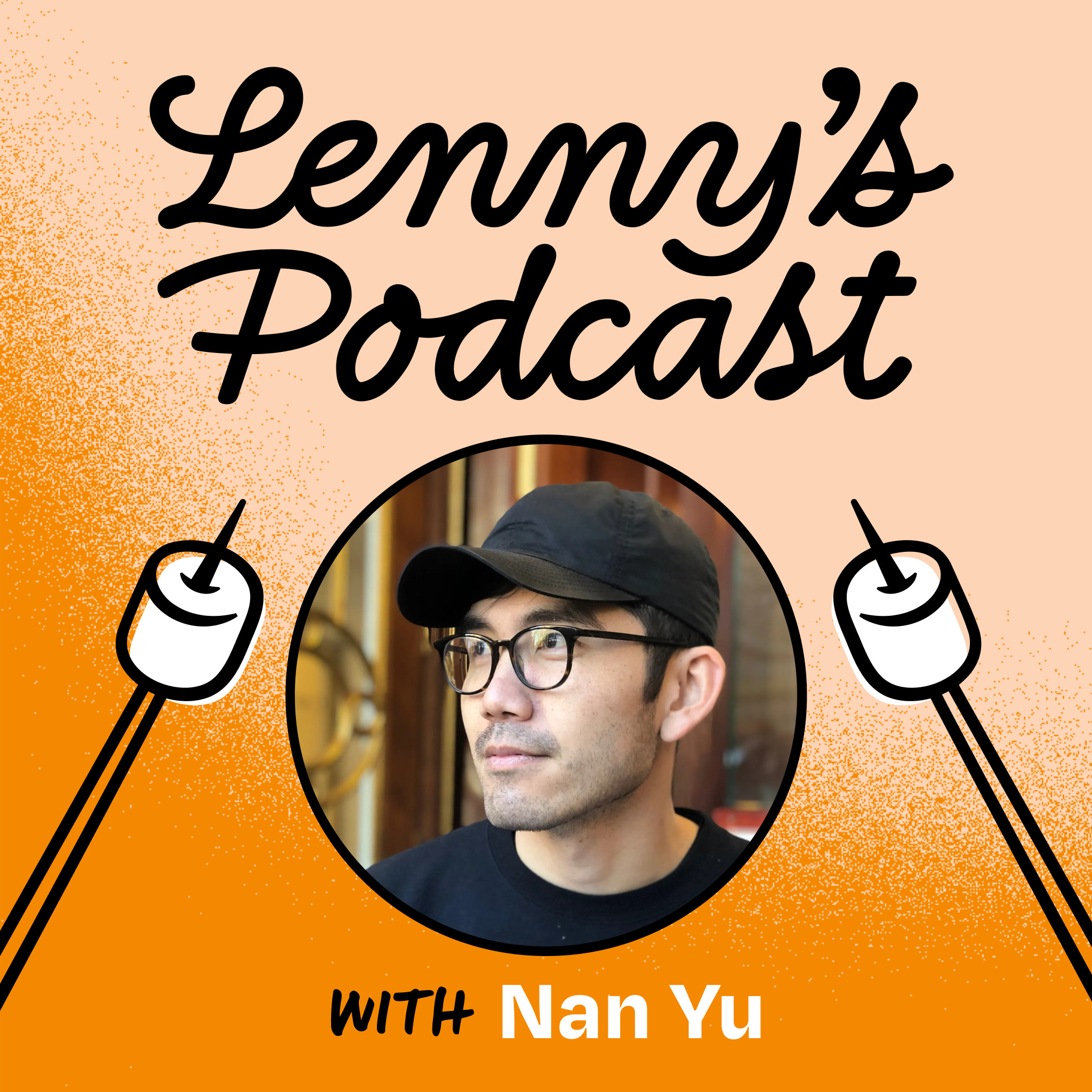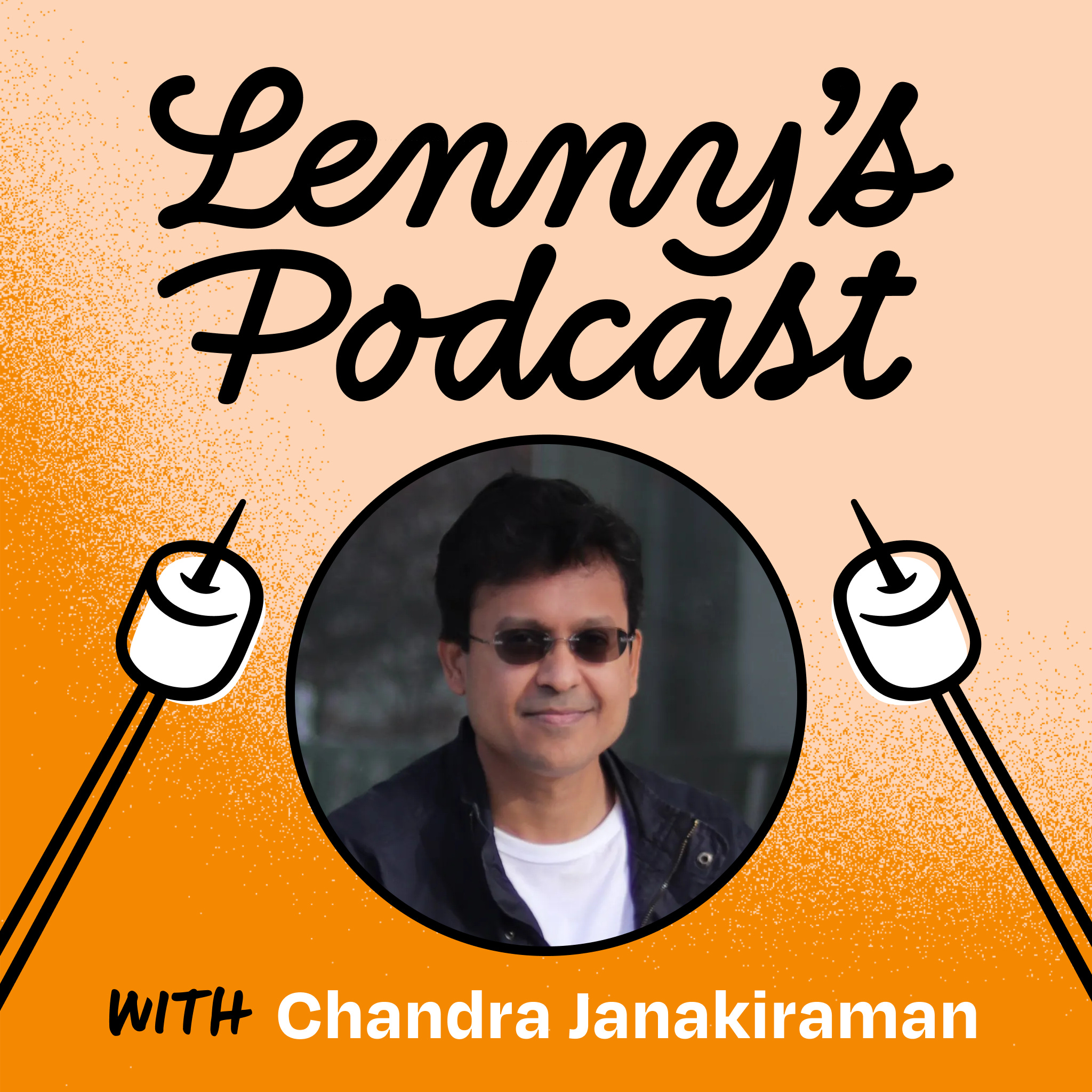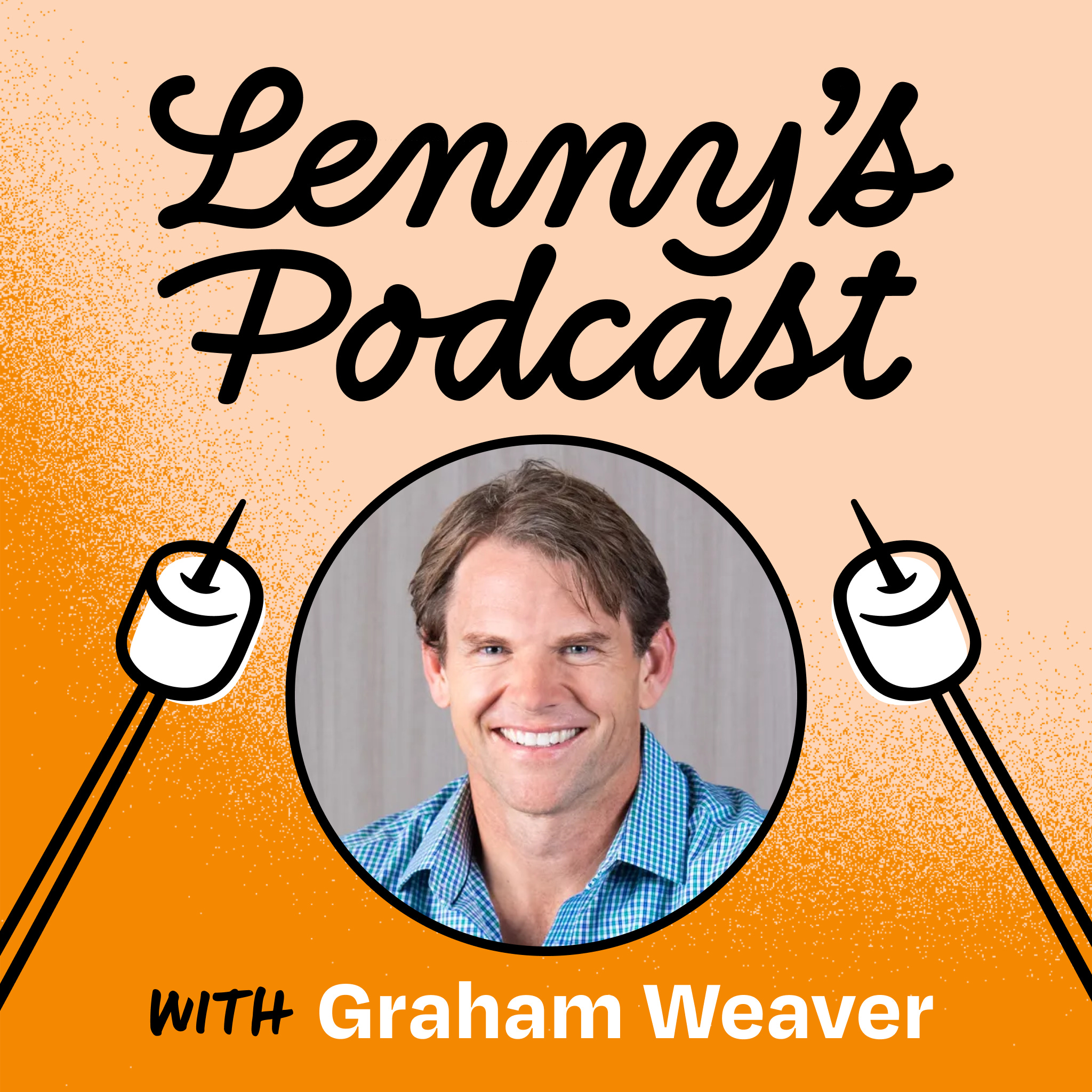
February 11, 2024 • 1hr 35min
Making time for what matters | Jake Knapp and John Zeratsky (authors of Sprint and Make Time, co-founders of Character Capital)
Lenny's Podcast: Product | Growth | Career
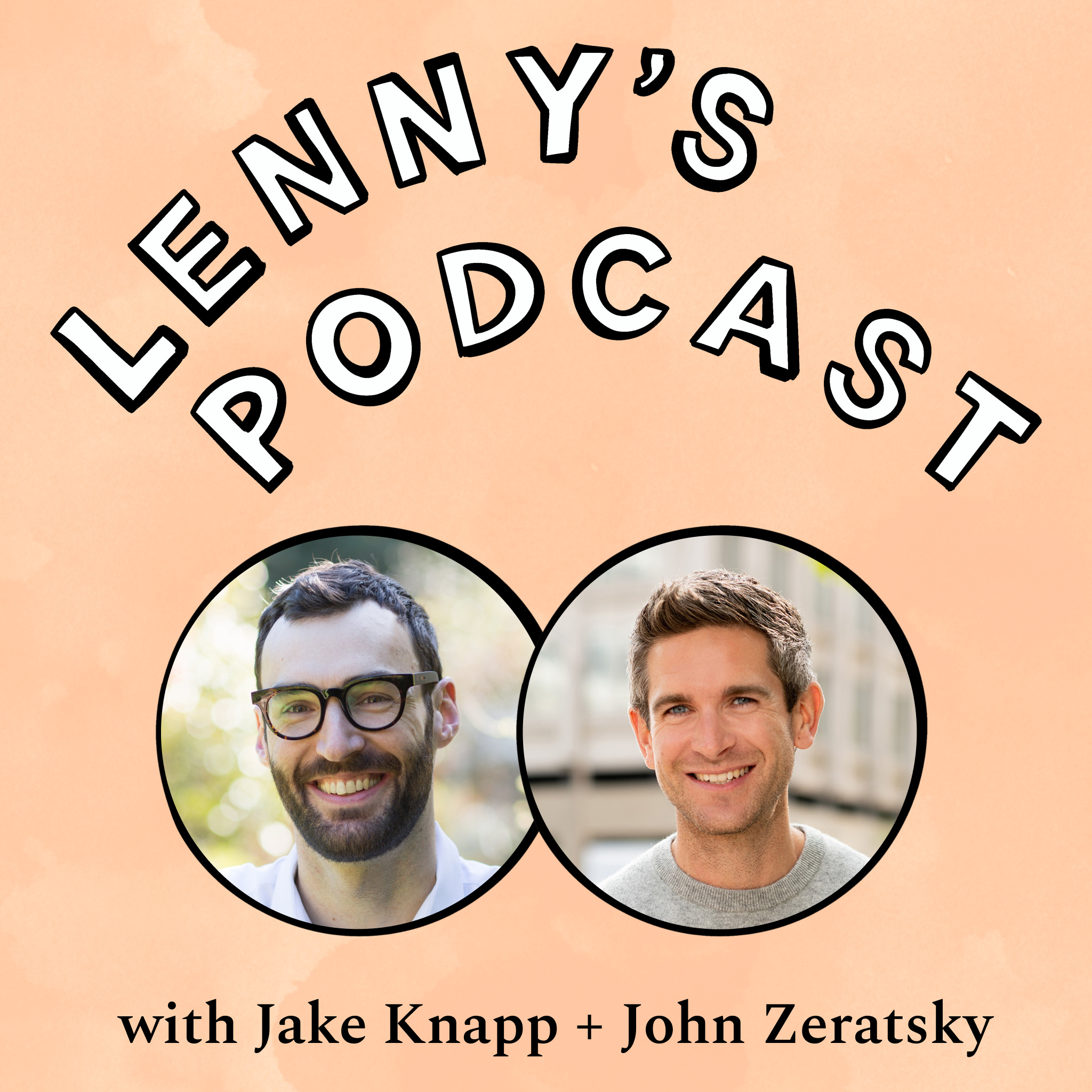
Key Takeaways
- The "Make Time" framework consists of 4 parts: Highlight, Laser, Energize, and Reflect
- Choosing a daily "highlight" - the one most important thing you want to accomplish - is a powerful way to focus your day
- Willpower alone is not enough to avoid distractions - you need to create intentional friction and barriers
- Deleting social media apps, logging out of sites, and creating a distraction-free phone can significantly boost focus
- Using your calendar to proactively design your day helps protect time for important work
- Slowing down your inbox and resetting expectations around response times reduces stress
- Sleep, exercise, and energy management are crucial for maintaining focus and productivity
- Regular reflection on what's working and what's not allows for continuous improvement
- The Design Sprint framework helps teams rapidly prototype and test new ideas in just 5 days
Introduction
Jake Knapp and John Zeratsky are the authors of bestselling books "Sprint" and "Make Time". They have helped hundreds of teams design and launch new products through their work at Google Ventures and now at their own VC firm Character. In this episode, they discuss their "Make Time" framework for productivity and focus, sharing practical tactics for avoiding distractions and making time for meaningful work.
Topics Discussed
The "Make Time" Framework (20:10)
Jake and John outline their 4-part framework for productivity:
- Highlight - Choose the one most important thing you want to accomplish each day
- Laser - Create barriers to distraction to maintain focus
- Energize - Manage your physical energy through sleep, exercise, etc.
- Reflect - Review what worked and what didn't to continuously improve
They emphasize that this framework is flexible and meant to be experimented with to find what works best for each individual.
The Power of the Daily Highlight (25:15)
The authors explain why choosing a daily highlight is so powerful:
- It provides a sense of accomplishment and satisfaction even on busy days
- It helps overcome the tendency to do easy, low-impact tasks
- It focuses your attention on what's truly important
John shares: "Most of the time, my highlights are like, what do I want to accomplish at work? The thing that I want to get done today."
Designing Your Day with a Calendar (28:08)
The authors recommend using your calendar proactively to design your ideal day:
- Block out time for your highlight and other important work
- Create a template for how you want to spend your time each week
- Use your calendar as a "canvas" rather than letting it control you
John notes: "Most days, the first half of the day before lunch is my focus time, and I protect that very, very intensely."
Creating Intentional Friction to Avoid Distractions (51:12)
Jake and John share tactics for reducing distractions:
- Delete social media apps from your phone
- Log out of distracting websites on your computer
- Use browser extensions to block feeds on sites like LinkedIn
- Enable two-factor authentication as an extra barrier
- Cancel home internet or use timers to limit access
Jake emphasizes: "Willpower is never going to win...It's all about making it hard, like creating barriers to getting distracted."
Curating a Distraction-Free Phone (57:28)
The authors recommend removing infinity pools and other distractions from your phone:
- Delete email, social media, news, and other apps with endless content
- Experience the relief of not having constant notifications and distractions
- Be willing to give up some conveniences for greater focus and presence
Jake shares: "When you take those off, just that feeling of relief is to me, so powerful."
Resetting Expectations and Slowing Your Inbox (1:07:58)
Tactics for reducing email stress and overload:
- Add an email signature explaining your slower response times
- Use an autoresponder to reset expectations
- Check email less frequently to slow down the cycle
- Let go of the pressure to have "inbox zero"
Jake notes: "Most of the stress comes internally from our feeling that if we don't get back to people right away, we're not enough."
Systems Over Willpower (1:14:51)
The authors emphasize creating systems and changing defaults rather than relying on willpower:
- Willpower alone is not enough to resist constant distractions
- Create barriers and friction to make distractions less accessible
- Design your environment to support focus rather than distraction
Jake uses the metaphor of pushing away "candy" (distractions) to focus on the "sandwich" (important work).
Managing Email Distractions (1:18:14)
Additional tips for reducing email overload:
- Use apps like Mailman to batch email delivery at set times
- Keep your phone out of the bedroom to avoid checking email at night
- Have a separate work device for necessary apps/email
Energize: Sleep and Exercise (1:18:49)
The authors emphasize the importance of managing physical energy:
- Prioritize sleep by creating an ideal sleep environment
- Use tools like eye masks to improve sleep quality
- Find ways to stay accountable with exercise, like using a trainer
John shares: "In the years since we wrote the book...I've realized that sleep is probably the single most important thing."
Reflect: Curiosity Over Judgment (1:22:05)
The authors recommend reflecting on your day with curiosity rather than judgment:
- Review whether you accomplished your highlight
- Note what helped or hindered your focus and productivity
- Keep a gratitude journal to stay attuned to positive moments
- Use reflection to continuously refine your approach
Jake emphasizes: "It's just basically, in summary, curiosity about your day instead of self judgment about your day."
Introduction to Sprint (1:26:30)
The authors give a brief overview of their Design Sprint framework:
- 5-day process to go from idea to tested prototype
- Developed at Google and refined through hundreds of sprints
- Helps teams rapidly test ideas and find product-market fit
- Particularly useful for startups and complex product challenges
Jake explains: "The big idea with a design sprint is to go from a zero to a prototype and a test of that prototype in just five days."
Conclusion
Jake Knapp and John Zeratsky's "Make Time" framework offers a flexible, experimental approach to improving focus and productivity. By choosing a daily highlight, creating barriers to distraction, managing energy, and reflecting on progress, individuals can make meaningful progress on important work. Their Design Sprint method similarly helps teams rapidly prototype and test new ideas. Both frameworks emphasize the power of intentionally designing one's time and environment to support meaningful work, rather than defaulting to reactive and distracted modes of working.
For those interested in learning more, the authors recommend checking out their books "Make Time" and "Sprint", as well as free resources available at maketime.blog and thesprintbook.com. Startups may also be interested in their Character VC Labs program, which offers intensive sprint-based coaching for early-stage companies.
